
Lately, it seems as though everyone is releasing a prepaid debit card. From Justin Bieber to Suze Orman, celebrity prepaid debit cards are all the rage.
These prepaid debit cards look like credit cards, and when you make purchases with them, they act like credit cards. But they aren’t credit cards. There are serious differences between prepaid debit cards vs credit cards, and you should be aware of what they are.
Prepaid Debit is Not Credit
In function, a prepaid debit acts a lot like a credit card. You swipe a piece of plastic, and you are able to complete a purchase. Most prepaid debit cards even come branded with the logos of prominent credit card payment processors like MasterCard and Visa.
However, you need to know that a prepaid debit card is not a credit card. First of all, the only money available to you is the money loaded on to the card. A credit card represents a loan. You are using someone else’s money, and if you don’t repay the debt, you are charged interest.
With a prepaid debit card, a set amount of money is associated with the card. When you swipe it, your available funds are reduced. When all of the money associated with the card is depleted, you can no longer use the prepaid debit card. You have to reload the card if you want to use it again.
Fees and Interest Charges
With a prepaid debit card, you will likely pay fees. Many prepaid cards come with monthly fees. So, in order to access your money, you are required to pay a monthly fee. Some cards will waive the fee if you sign up for automatic deposit to the card, or if you carry out a minimum number of transactions with the card.
Other common fees that you might see with prepaid debit cards include:
- Initial fees
- Reloading fees
- Balance inquiry fees
- Customer service fees if you call for help
- Card replacement fees
- ATM fees
If you decide to use a prepaid debit card, shop around for cards that don’t charge as many fees, or that have procedures for waiving most of the fees.
With a prepaid debit card, you get the convenience associated with credit cards, but you don’t have to worry about interest. With a credit card, since you are borrowing money, you might have to pay interest charges. Some credit cards also come with annual fees.
You might also see fees for balance transfers, going over your limit, foreign transactions, and paying late. However, if you are careful with your credit card, and pay off the balance each month, you can avoid most fees, and avoid paying interest as well. You only pay interest on credit card balances if you carry them from month to month.
But, with a credit card, it’s often possible to enroll in a rewards program. Prepaid debit cards with rewards programs are few and far between.
What About Your Credit Score
There was a lot of buzz when Suze Orman released her Approved card. The prepaid debit card generated interest because the habits of the users would be reported to TransUnion, one of the three major credit bureaus. Even though TransUnion collects information on users, it’s important to note that this information is not used to influence credit scores.
Even though a prepaid debit card looks a lot like a credit card, the fact that it’s not credit means that it won’t help your credit score at all. No matter who’s looking at the information, so far it’s not being used to benefit your credit score. If you want to rebuild your credit, a prepaid debit card – no matter who’s pushing it – won’t help you. You need a credit card (probably a secured card if you don’t qualify for an unsecured card) in order to begin rebuilding your credit.
While some people like the convenience offered by prepaid debit, it’s important not to get confused by the similarity to credit cards. Prepaid debit is not credit, and it won’t serve as a true replacement to a credit card.

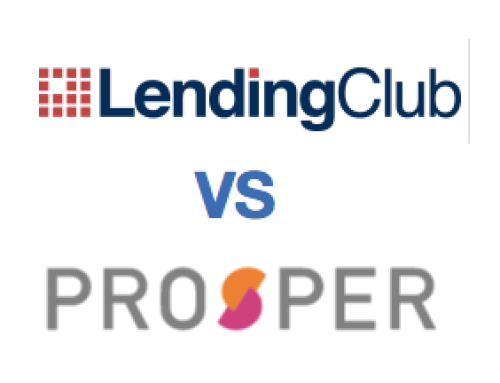
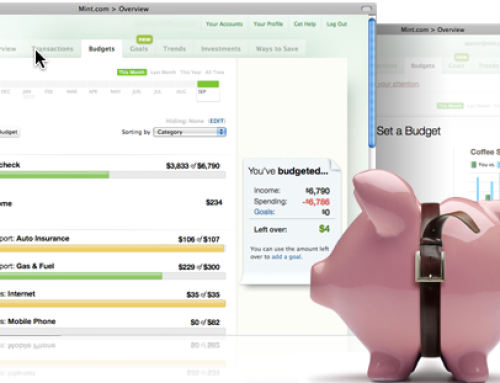
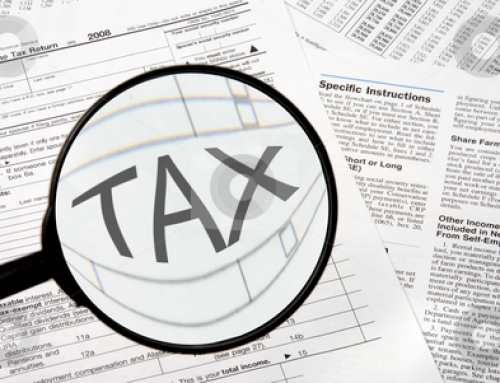
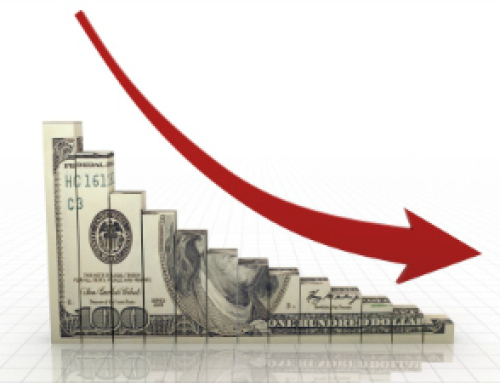
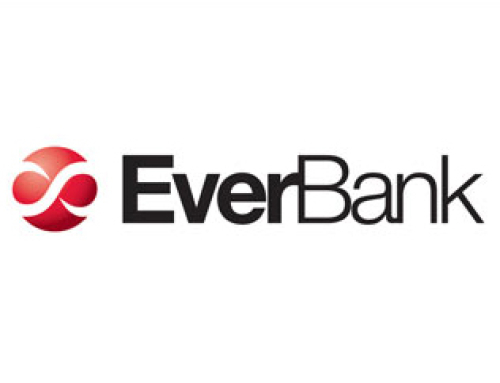







Follow Us